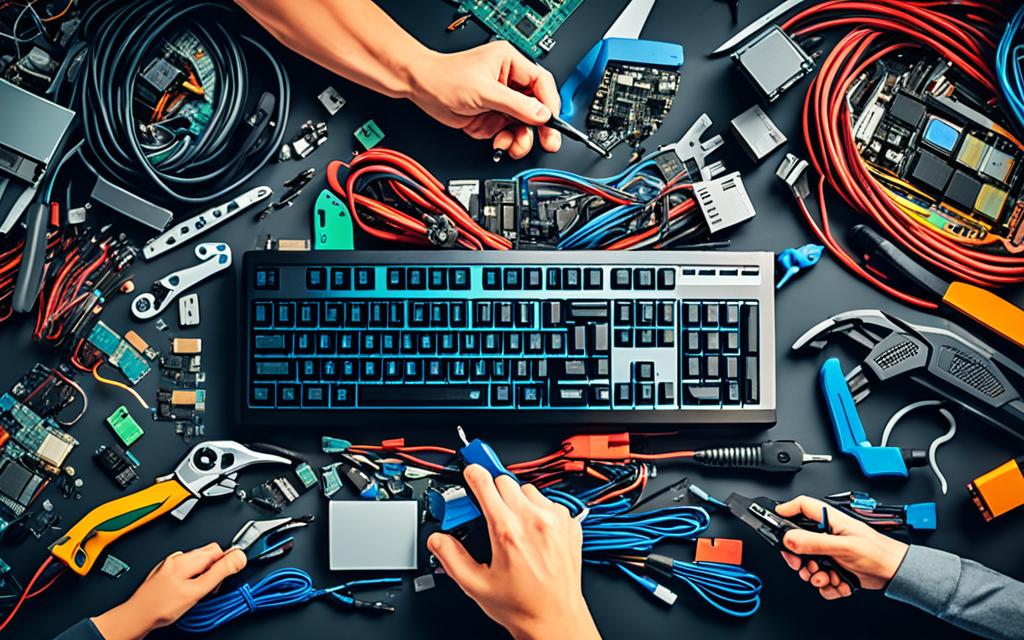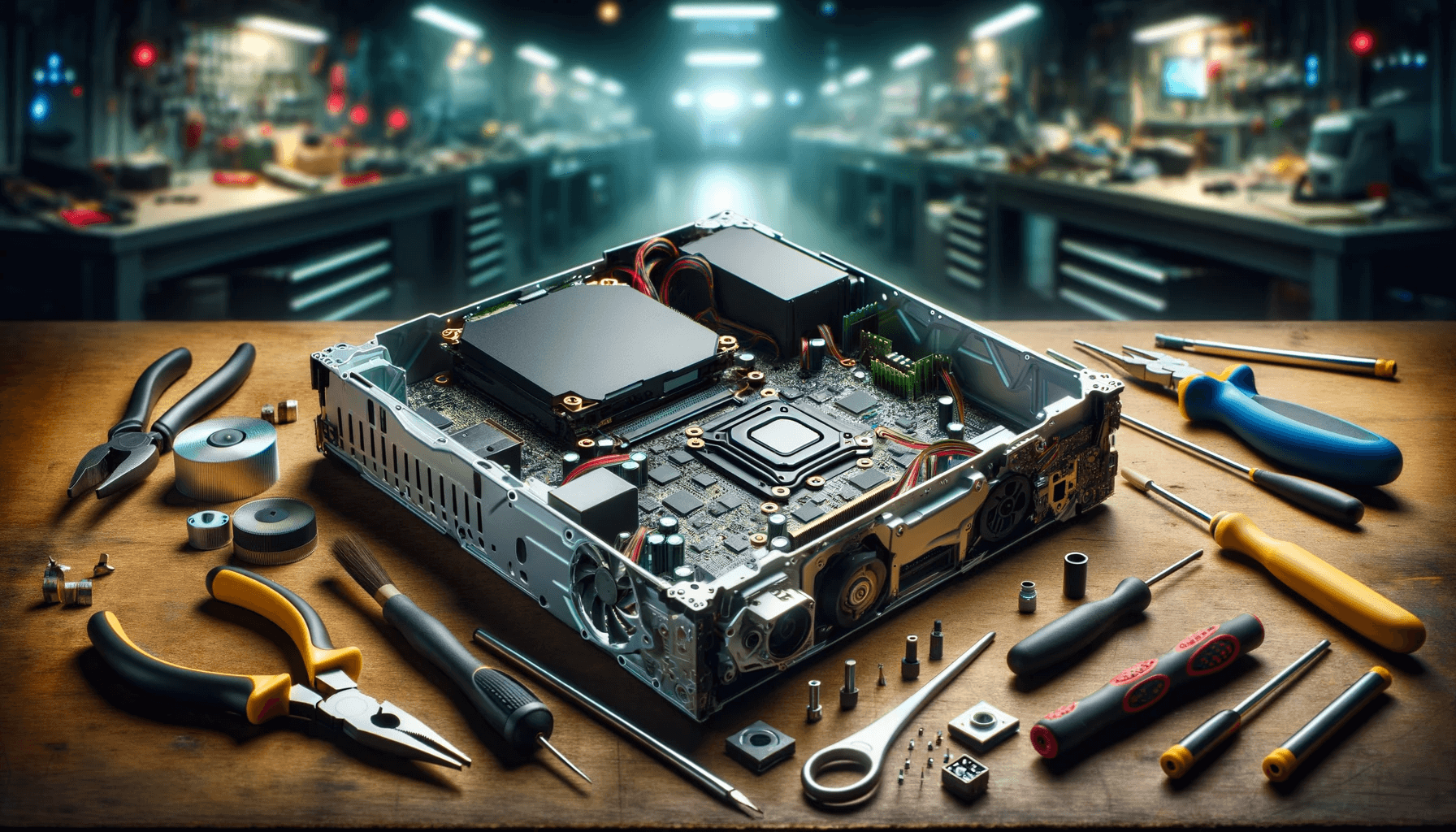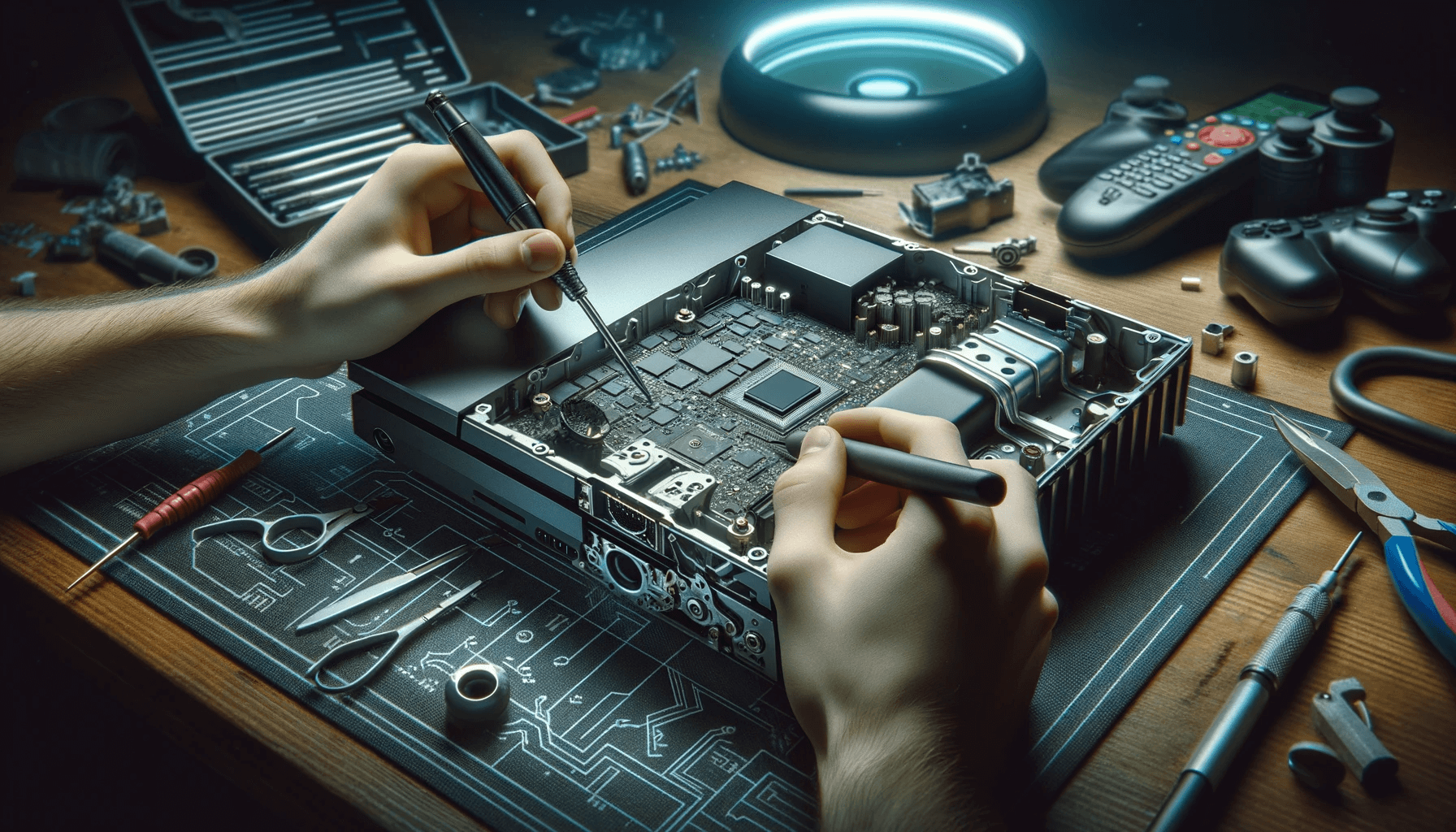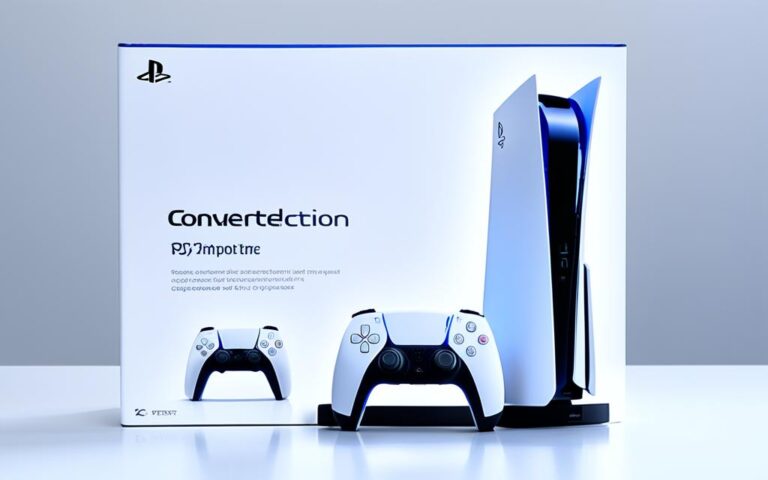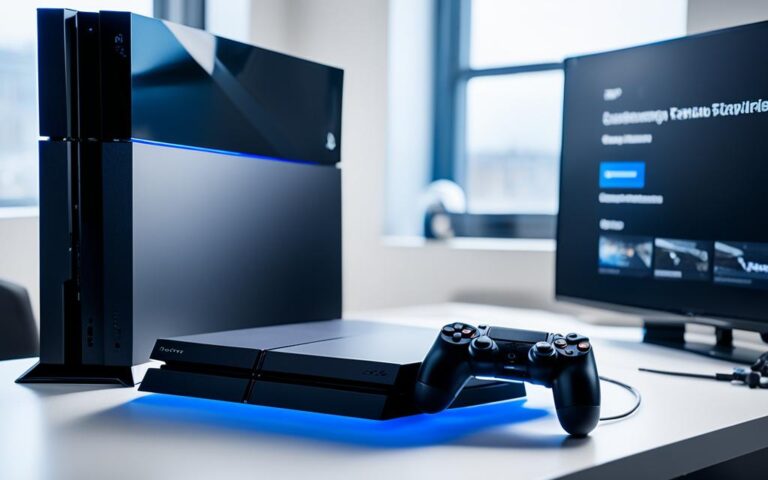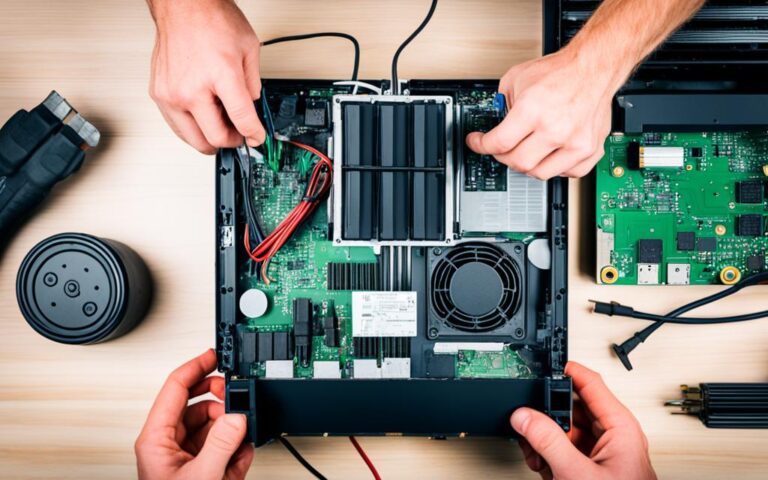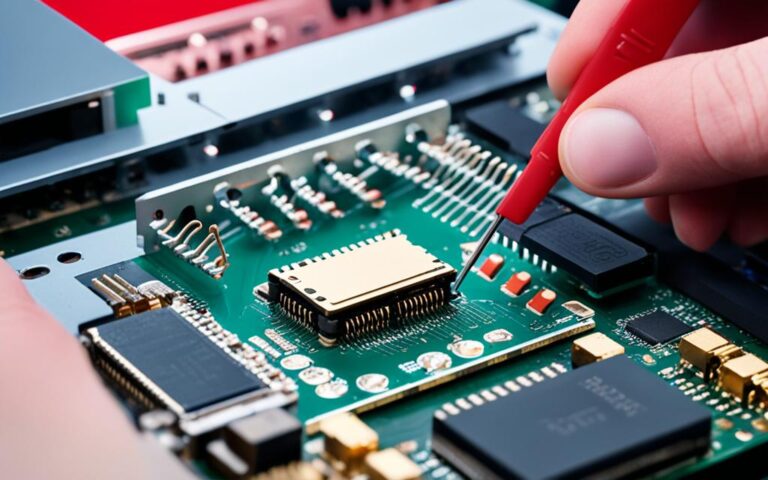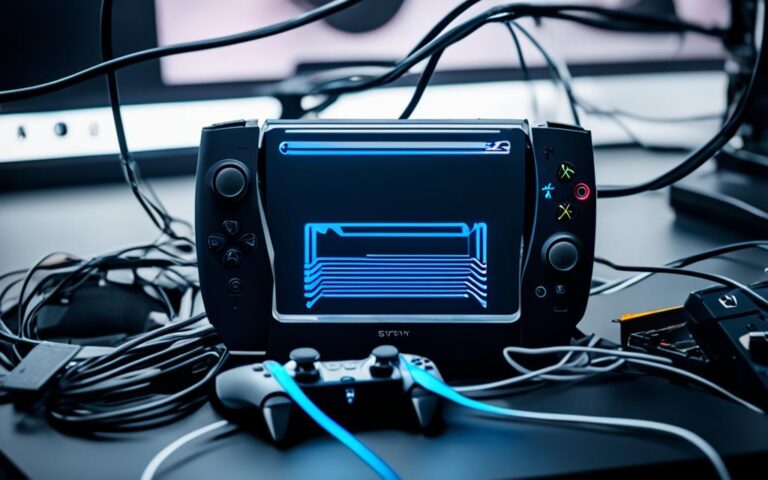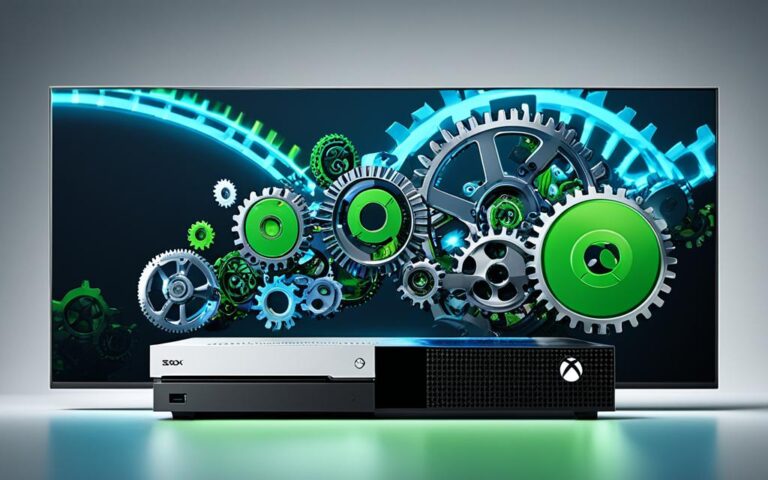Solving Gaming Hardware Fixes Without Breaking the Bank
Gaming hardware issues can be frustrating, but they don’t have to break the bank. By implementing cost-effective solutions, UK gamers can solve common hardware problems and enhance their gaming setups without overspending.
Are you tired of dealing with gaming hardware fixes that drain your wallet? Look no further. In this article, we will explore various tips and techniques to troubleshoot and fix gaming hardware issues without breaking your budget.
Whether you’re a casual gamer or a dedicated enthusiast, improving your gaming experience doesn’t have to be expensive. From simple DIY fixes to budget-friendly upgrades, we’ve got you covered.
Discover cost-effective ways to enhance your gaming setup, minimize downtime, and get back to doing what you love—playing your favorite games!
Troubleshooting Black Screen Issues While Gaming
One common issue faced by gamers is the black screen problem during gaming sessions. This problem can occur due to various factors, such as outdated graphics drivers, issues with the monitor connection, improper power-saving settings, prolonged hardware stress, excessive heat generation, or misconfigured game settings. To troubleshoot and fix the black screen issue, we will explore several solutions:
- Basic checks: Ensure that all cables are securely connected and that the monitor and graphics card are functioning properly.
- Updating graphics drivers: Outdated graphics drivers can cause compatibility issues and result in black screens. It’s essential to regularly update your drivers to the latest versions.
- Checking game-specific issues: Some games may have specific settings or requirements that can cause black screen problems. Review the game’s documentation or forums for any known issues and recommended settings.
- Monitoring resource usage: Excessive hardware stress or insufficient system resources can lead to black screens. Use task manager or third-party software to monitor resource usage while gaming.
- Monitoring system temperatures: Overheating can also cause black screen issues. Keep an eye on your system’s temperatures using monitoring software and ensure adequate cooling.
Implementing these troubleshooting steps should help you identify and resolve the black screen issue. If the problem persists, it may be necessary to delve deeper into specific hardware or software configurations to pinpoint the underlying cause.
Addressing Memory Compatibility Issues
Memory compatibility is a common concern for gamers, and it can greatly impact the performance of their gaming setups. One specific area of concern is the compatibility between RGB memory modules and certain motherboards. These compatibility issues can limit the available memory capacity and affect the overall gaming experience.
Some motherboards have limitations when it comes to using RGB memory modules. For example, while a motherboard may support up to 64GB of non-RGB memory, it may only support 32GB of RGB memory. This limitation can be frustrating for gamers who want to take advantage of the aesthetic appeal and customizable lighting features of RGB memory.
An insufficient power supply can also contribute to memory performance issues. If the power supply is unable to provide enough power to the system, it can result in unstable memory performance or even system crashes during intense gaming sessions.
Memory Compatibility Solutions
Fortunately, there are several potential solutions and workarounds for addressing memory compatibility issues in gaming setups:
- Check motherboard specifications: Before purchasing RGB memory modules, it’s essential to check the motherboard’s specifications and compatibility lists provided by the motherboard manufacturer. This will ensure that the RGB memory modules are supported and can be used to their full capacity.
- Upgrade the motherboard: If upgrading the memory capacity and using RGB modules is a priority, consider upgrading to a motherboard that fully supports RGB memory. This will provide greater flexibility and compatibility options for future upgrades.
- Test memory compatibility: If you already have RGB memory installed and are experiencing compatibility issues, try testing different memory configurations and combinations to determine if there are any compatibility conflicts. Consult the motherboard and memory module manuals for guidance on optimal configurations.
- Upgrade the power supply: If an insufficient power supply is causing memory compatibility issues, consider upgrading to a higher wattage power supply. A power supply with sufficient wattage can ensure stability and optimal performance for both the memory modules and the entire gaming system.
Summary
Memory compatibility issues can significantly impact the performance of gaming setups, particularly when it comes to RGB memory modules. To address these issues, it’s crucial to check motherboard specifications, consider upgrading the motherboard if necessary, test different memory configurations, and ensure an adequate power supply. By taking these steps, gamers can overcome memory compatibility limitations and optimize their gaming experiences.
Debunking the Extended Warranty Myth
When it comes to protecting their gaming hardware, many gamers consider purchasing extended warranties, believing it will provide them with added peace of mind and protection. However, the reality is that extended warranties are often not cost-effective and can be unnecessary expenses.
Repairing most hardware items, such as gaming consoles, graphics cards, or monitors, is usually more affordable than the cost of an extended warranty. These repairs can be obtained from certified technicians and authorized service centers, ensuring quality and reliable fixes.
Furthermore, it’s important to note that most gaming hardware comes with a manufacturer’s warranty that provides sufficient coverage. These warranties are designed to protect consumers against any defects or malfunctions that may occur during the specified warranty period.
Additionally, credit card warranties can offer added protection for your gaming hardware. Many credit card companies provide extended warranties as a benefit to their cardholders. This means that even if your manufacturer’s warranty expires, you may still be covered through your credit card’s warranty extension program.
However, it’s crucial to understand that the coverage and limitations of credit card warranties may vary depending on your card provider and the specific terms and conditions. It’s essential to review your credit card’s warranty policy to ensure you understand the extent of the coverage provided.
Moreover, local laws and consumer protection regulations can also safeguard your rights as a consumer, offering additional avenues for compensation or repair. These laws may include statutory warranties or consumer guarantees that protect you against faulty products or unfair practices.
In summary, while extended warranties may seem like a logical choice for protecting your gaming hardware, they are often not cost-effective and can be unnecessary expenses. Repair costs are typically more affordable than the price of an extended warranty, and manufacturer’s warranties and credit card warranties can offer sufficient coverage. It’s important to consider alternative options and evaluate the cost-effectiveness of extended warranties before making a decision.
Pros and Cons of Extended Warranties
Before dismissing the idea of an extended warranty entirely, it’s essential to consider the pros and cons of these offerings:
| Pros | Cons |
|---|---|
| Provides extended peace of mind | Can be costly |
| May cover accidental damage | May have limited coverage |
| Offers convenience and potential savings | May not be necessary for all hardware items |
Conclusion
In conclusion, solving gaming hardware fixes doesn’t have to be expensive. UK gamers can find cost-effective solutions to troubleshoot and fix common hardware issues without breaking the bank. By following a few key steps, gamers can enhance their gaming setups and enjoy uninterrupted gaming experiences.
First, it is important to conduct basic checks to identify any obvious hardware or software issues. This includes ensuring all connections are secure and verifying that the power supply is functioning properly. Additionally, regularly updating graphics drivers and checking for any misconfigured game settings can help resolve common issues such as black screens during gameplay.
Furthermore, monitoring resource usage and system temperatures can identify any potential hardware stress or overheating problems. By keeping an eye on these factors, gamers can take necessary measures to prevent or address issues that may impact their gaming performance. Additionally, considering memory compatibility and addressing any limitations or power supply constraints can help optimize the overall performance of the gaming setup.
Lastly, it is crucial to understand warranty options before making any additional investments. While extended warranties can seem appealing, they are often not cost-effective. In many cases, the cost of repairing gaming hardware is more affordable than purchasing an extended warranty. UK gamers should explore alternative protection options, such as manufacturer’s warranties or credit card warranties, which can offer sufficient coverage.
